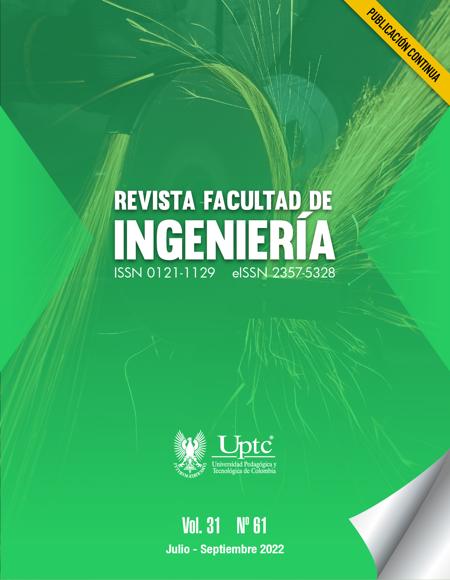Automation Tool for Institutional Repositories Evaluation

Abstract
The rise of digital repositories has framed a significant advance in access to academic and scientific knowledge, increasing its impact due to greater reach and lower cost. However, these platforms are a new topic that initially did not have standards or models to carry out their implementation and operation, which is why there were inconsistencies between repositories on issues such as interoperability, digital preservation, among others. Due to the lack of standardization and the exponential increase in the number of repositories, different organizations and researchers made multiple proposals to standardize the processes and characteristics of these platforms. The proposals materialized in models, such as the Dublin Core and DataCite metadata schemes, and in guides for the evaluation and implementation of repositories, such as the "Guide for the evaluation of institutional research repositories" by RECOLECTA or the DINI certificate (Deutsche Initiative für Netzwerk Information). The latter aim to evaluate the platforms in their entirety, including 8 sections with a total of 87 elements. Therefore, in this research an application was developed to automate the evaluation of repositories, automating processes that improve educational work using computer tools and their integration.
Keywords
evaluation, institutional repositories, process automation, software development
Author Biography
Juan-Sebastián González-Sanabria
Roles: Investigation, Methodology, Witing-review & editing.
Fabián-Nicolás Ramos-Corredor
Roles: Investigation, Methodology, Witing-orginal draft; Software.
Germán Amezquita-Becerra
Roles: Investigation, Validation; Witing-review & editing.
References
- C. González Díaz, M. Iglesias García, M. Martín Llaguno, A. González Pacanowsky, Antecedentes y estado de la cuestión sobre los Repositorios Institucionales de Contenido Educativo (RICE), Departamento de Comunicación y Psicología Social, 2015
- Budapest Open Access Initiative, 2002. https://www.budapestopenaccessinitiative.org/read
- C. Azorín, I. Bernal, J. Gómez Castaño, C. Guzmán Pérez, M. Losada Yáñez, R. Marín del Campo, F. J. Martínez Galindo, C. Martínez Pousa, J. C. Morillo Moreno, J. Prats Prat, Guía para la evaluación de repositorios institucionales de investigación, Fundación Española para la Ciencia y la Tecnología, 2021.
- Jisc, “OpenDOAR Statistics,” Universidad de Nottingham, s. f. https://v2.sherpa.ac.uk/view/repository_visualisations/1.html
- AMH (Arbeitsgemeinschaft der Medieneinrichtungen an Hochschulen e. V.); dbv (Deutscher
- Bibliotheksverband e. V., Sektion 4: Wissenschaftliche Universalbibliotheken); ZKI (Zentren für Kommunikation und Informationsverarbeitung in Lehre und Forschung e. V.), DINI - Deutsche Initiative für Netzwerkinformation, s. f. https://dini.de
- Grupo de trabajo “Publicación Electrónica”, Certificado DINI Servicio de Documentación y Publicaciones, Göttingen, Alemania, 2012.
- M. Vanderfeesten, F. Summann, S. Martin, Directrices DRIVER 2.0, 2008.
- OpenAIRE, Directrices de OpenAIRE para administradores de repositorios de Literatura v4. https://guiasopenaire4.readthedocs.io/es/latest/index.html
- DataCite Metadata Working Group, DataCite Metadata Schema Documentation for the Publication and Citation of Research Data and Other Research Outputs, 2021.
- Escire, dPyx - Herramienta de autoevaluación de sistemas de información académica y científica. https://dpyx.site
- Red Nacional de Repositorios Digitales de Ciencia, Tecnología e Innovación de Acceso Abierto (RENARE), Guía Alicia 2.0, Lima, Perú, 2020.
- M. Á. Bolaños Asenjo, La Accesibilidad Web en los Repositorios Intitucionales. La UOC a examen, Universitat Oberta de Catalunya, 2012.
- SoftServe, Module 7: Accessing DOM with JavaScript. https://ppt-online.org/83335